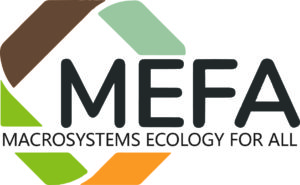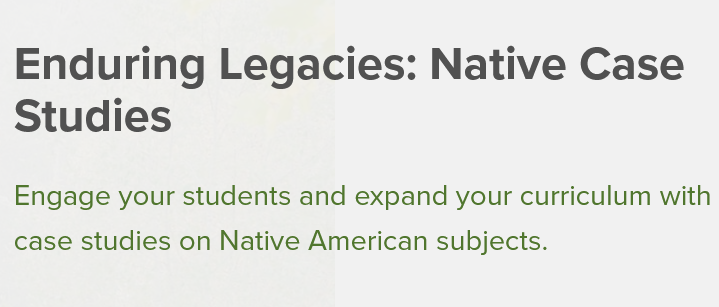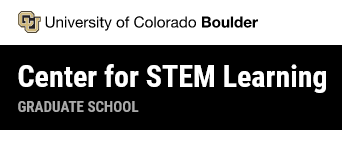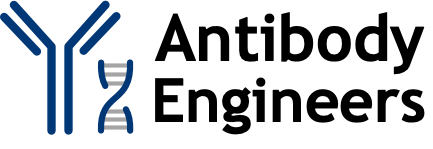Partner News and Opportunities
Blog: Diversity, Equity, and Inclusion by Design: Getting Started with Universal Design for Learning
Pat Marsteller shared this amazing article on the Accelerating Systemic Change in STEM Higher Education (ASCN) DEI in STEMM Blog this March. The blog introduces readers to Universal Design for Learning (UDL), why faculty should adopt UDL practices, and gives a wealth of resources for anyone interested in exploring UDL in the classroom. Read her piece here.
Registration Open for the 2023 Grading Conference! 
This virtual conference will be on June 9th and 10th.
The Grading Conference is a place where faculty join together to learn about grading practices that best support student learning, promote diversity, equity, and inclusion in the classroom, and enhance student and faculty classroom experiences. The Grading Conference will bring together new and experienced practitioners of a variety of grading techniques (standards-based, specifications-based, etc.) to create a community of practice. They will create a space for participants to make connections with each other, to build a strong and supportive grading community that extends beyond the workshop. Learn more and register ($50 for regular $25 for students) here.
Macrosystems Ecology For All (MEFA) First Annual Meeting
Please join us July 25 - 27, 2023 for the first annual meeting of the Macrosystems Ecology For All (MEFA) Research Coordination Network! To ensure broader participation and engagement, this will be a hybrid meeting with the option to participate either virtually or in person at Swarthmore College in Swarthmore, PA. Travel funding is available.
-
Are you interested in engaging in macrosystems ecology research?
-
Are you looking for a supportive community to make that leap by learning or by sharing your expertise?
-
Would you like to work with colleagues from undergraduate institutions and beyond, to develop collaborative research projects that are inclusive and welcoming of scientists of all backgrounds - from novices to experts in macrosystems science?
-
Would you like to gain experience working with environmental datasets and teaching macrosystems ecology and data science to undergraduates?
If you answered “yes” to any of these questions, then this meeting is for you!
Meeting Goals:
-
Create research incubator groups. Research ideas will integrate these five themes:
-
Inclusive, welcoming, equitable research team
-
Macrosystems ecology concepts
-
Use of existing environmental datasets
-
Teaching macrosystems ecology and/or data science to undergraduates through engagement with authentic research experiences
-
Ethical engagement with communities where data are gathered
-
Jump-start thinking about the following:
-
Designing collaborative research teams that are inclusive and welcoming of scientists from all backgrounds
-
How to ethically engage local communities in macrosystems ecology research
-
Best practices to teach macrosystems ecology and data science to undergraduates
For more information about the meeting and to apply to attend, visit the website. Applications are due May 15!
The Enduring Legacies Native Cases
The Enduring Legacies Native Cases Initiative develops culturally relevant curriculum and teaching resources in the form of case studies on key issues in Indian Country. Culturally relevant curriculum is a key factor in student success and essential to prepare students for leadership roles. Key topics of the cases have been identified by Native leaders. Engage your students and expand your curriculum with case studies on Native American subjects. Learn more here.
Seeking Teams from Two-Year Colleges (2YCs) to Apply for a New NSF-funded Workshop Series, “Exploring Academic Unit-Level Change at Two-Year Colleges”
Series, “Exploring Academic Unit-Level Change at Two-Year Colleges”
This opportunity is for 2YC faculty, staff, and administrators who want to enhance undergraduate education in a STEM-related academic department or unit. Participating 2YC teams will attend a series of four workshops from August 2023 to August 2024.
Together with other STEM educators, administrators, and support staff, your team will analyze and identify approaches to change that can support STEM-related units in 2YCs, and carry out a local change-related project. In addition to these activities, program outcomes include enhancing your individual skills in supporting educational change and publishing a collectively authored paper about workshop findings. Your team will be among up to fifteen teams from different 2YCs in the US to participate, and participating individuals will be supported with a stipend.
For a detailed invitation and how to apply, please visit this website.
Taking Applications for the Third Virtual Antibody Engineering Hackathon, August 7-10, 2023
2023
The goal is for the Hackathon teams to create (or improve) undergraduate research projects related to Antibody Engineering. Ideally, these would be projects that undergraduates can do in a class. Taking a broad view of Antibody Engineering - so projects can encompass a wide range of themes in immunology, antibodies, molecular modeling.
Do you have ideas for cool research projects but lack the time and colleagues to test them out?
Hackathons are great environments for working with others to try out new ideas and get feedback from others.
If you have a project in mind, they are open to volunteers who want to lead a team. Or come participate in a summer Hackathon and learn what’s involved. You can lead your project next year.
Registration is free. These groups are mostly virtual but will consider providing a small amount of funding if you would like to host a team in your lab.
Visit the website for more information about the 2023 Hackathon and a link to the application form. Applications are due by June 9th, 2023.